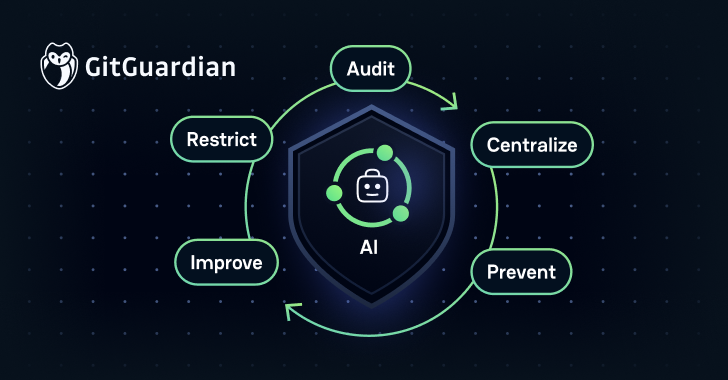
Exploring AI: Is Artificial Intelligence Truly Man-Made?
Artificial intelligence (AI) is increasingly integrated into daily life, prompting questions about its true nature. This article delves into whether AI is genuinely artificial or simply a new form of human-created cognition, examining its origins, implications, and future potential.
The Evolution of Artificial Intelligence
Artificial intelligence has its roots deeply planted in human curiosity and innovation. From the early ambitions of Alan Turing to modern advancements, AI has evolved drastically. Despite being termed ‘artificial,’ AI systems are crafted by human hands and minds, utilizing intricate algorithms designed to mimic human cognition and decision-making processes. The journey of AI, from simple computational tasks to complex reasoning abilities, questions the extent of its artificiality. Will AI develop beyond human control, or will it remain a testament to our technological prowess?
The Human Element in AI Development
Despite its growing capabilities, AI is essentially a creation of human intellect. Developers and researchers shape AI with a plethora of algorithms and data inputs, enabling it to learn and adapt. This blend of human ingenuity and technology raises questions about the ‘artificial’ label. The collaborative efforts of scientists and programmers guide AI development, suggesting that it may be more of an extension of human intelligence rather than something inherently non-human. How much of AI’s evolution can be attributed to its programming versus its learning capabilities?
Future Implications of AI’s True Nature
Understanding AI’s foundation is crucial for predicting its future trajectory. As AI continues to advance, society faces ethical questions regarding autonomy, privacy, and control. If AI transcends its programmed limitations, it might redefine ‘intelligence’ itself, stretching the boundary between human and machine cognition. As AI applications grow more ubiquitous, their impact on industries and personal lives will increase, making it essential to understand whether it operates independently or as an extension of human design. The future of AI holds promise but also demands vigilance and responsible innovation.
Conclusion
In conclusion, artificial intelligence straddles a fine line between being a marvel of human invention and an independent entity. As society embraces AI, understanding its origins, implications, and limitations remains pivotal to harnessing its potential responsibly and ethically.





